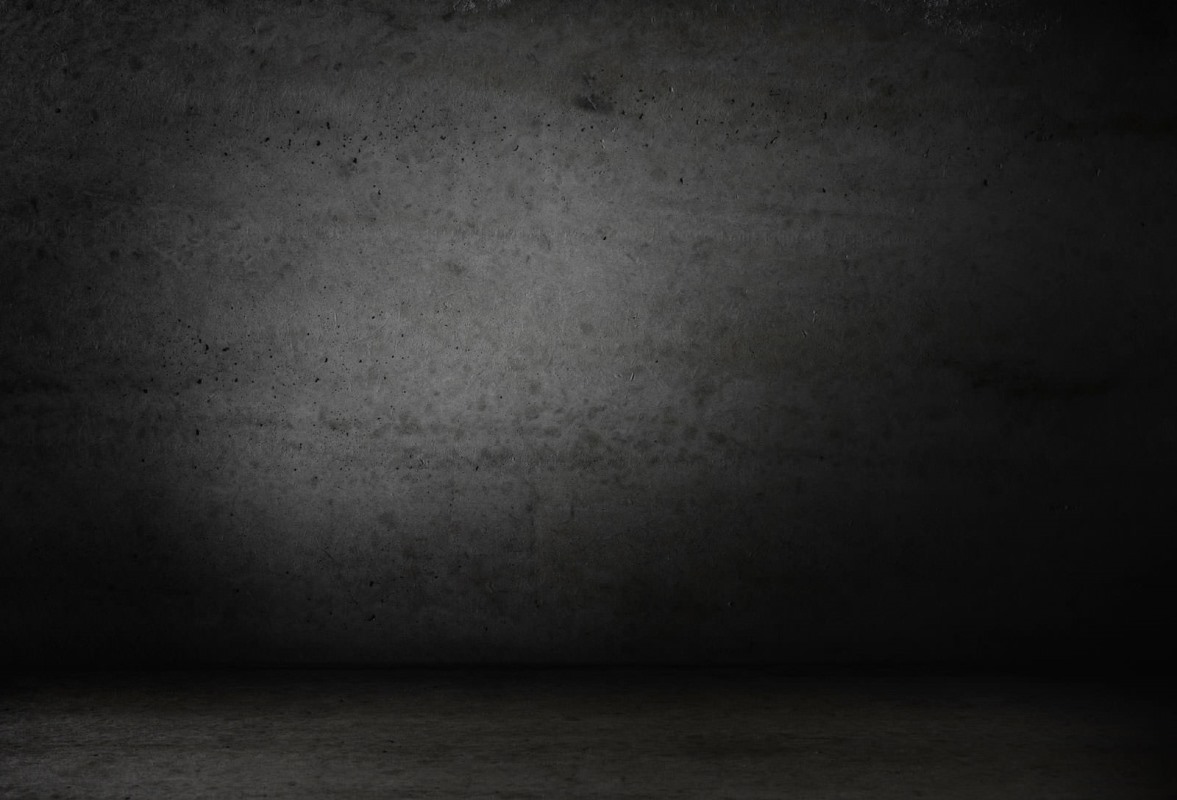

17
NICOLAS DAUTRICOURT
You’ve come back to the world of recording after several years of silence.
Why did you stay away from the studios during that period?
Each chapter in one’s career requires a considerable investment in terms of time.
Until now, I preferred to give priority to the immediacy of concert performance, and
in fact it’s only recently that the disc has really started to interest me as a musical
object; let’s say it took time forme to accept that ‘studio’ recording has an authentic
artistic value, which I thought was possible only in ‘live’ recordings. After all, let’s be
honest: today’s recordings, with the techniques that are available now, are much
less an illustration of the way we actually play than of the way we would dream
of playing! Artists in the studio spend their time modelling and remodelling their
ownmaterial ad infinitumwith the aimof achieving a sort of a perfection that they
often do manage to obtain, but at the risk of stripping it of its passion. Recordings
made in concert conditions, on the other hand, bear witness tomusical intentions
caught in the heat of the moment, in which slight approximations are generally
acceptable, since they formpart of an overall and, most importantly, spontaneous
gesture. I’d almost be tempted to say that to record a disc in the studio todaymeans
resolving problems that one would never have had in a concert recording! But we
went along with the process of studio recording, and in the end we emerged from
it satisfied and very contented.

















